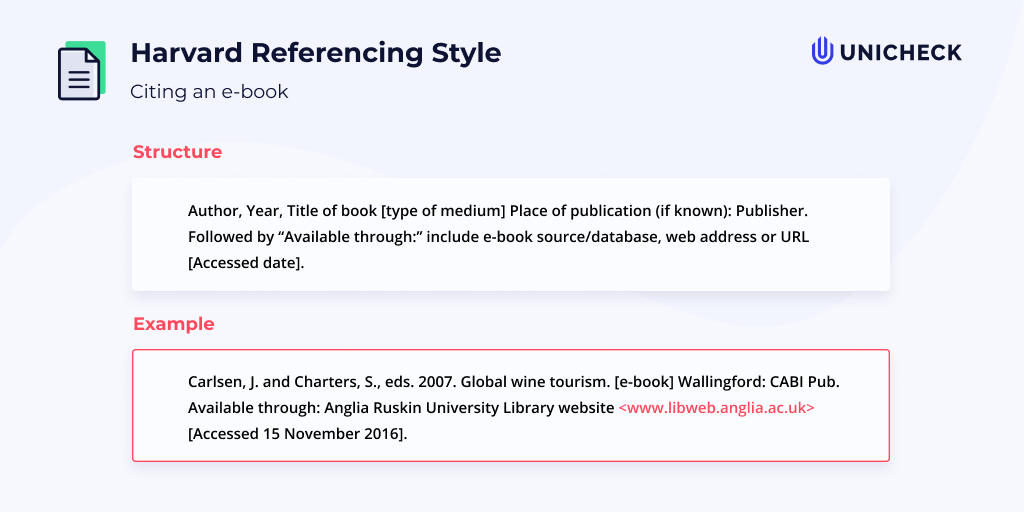


If you want to borrow an idea from an author, but do not need his or her exact words, you should try paraphrasing instead of quoting. You should quote material when you believe the way the original author expresses an idea is the most effective means of communicating the point you want to make. Taking the exact words from an original source is called quoting. However, if you have cited other sources and then go back to one you had cited earlier, it is a good idea to mention at least the author's name again (and the work if you have referred to more than one by this author) to avoid confusion. If you have already introduced the author and work from which you are citing, and you are obviously referring to the same work, you probably don't need to mention them again. In an essay presented at an Asian Studies conference held at Duke University, Sheldon Geron analyzes the relation of state, labor-unions, and small businesses in Japan between 1950s and 1980s. If you do not know anything about the author, and cannot find any information, it is best to say where you found the source and why you believe it is credible and worth citing. You should say whether they are economic analysts, artists, physicists, etc. You may also want to describe the author(s) if they are not famous, or if you have reason to believe your reader does not know them. Milan Kundera, in his book The Art of the Novel, suggests that “if the novel should really disappear, it will do so not because it has exhausted its powers but because it exists in a world grown alien to it.” For example, the following sentence puts information about the author and work before the quotation: But often you can just tag this information onto the beginning or end of a sentence. If the source is central to your work, you may want to introduce it in a separate sentence or two, summarizing its importance and main ideas. The first time you cite a source, it is almost always a good idea to mention its author(s), title, and genre (book, article, or web page, etc.). Identifying Sources in the Body of Your Paper In the following sections, we will take you step-by-step through some general guidelines for citing sources.

You can save a lot of time and energy simply by asking "How should I cite my sources," or "What style of citation should I use?" before you begin writing. For example, when you cite sources in a psychology paper you would probably use a different form of citation than you might in a paper for an English class.įinally, you should always consult your instructor to determine the form of citation appropriate for your paper. There are also different forms of citation for different disciplines. If, however, you are only citing the source to make a minor point, you may consider using parenthetical references, footnotes, or endnotes. If your sources are very important to your ideas, you should mention the author and work in a sentence that introduces your citation. This depends on what type of work you are writing, how you are using the borrowed material, and the expectations of your instructor.įirst, you have to think about how you want to identify your sources.


 0 kommentar(er)
0 kommentar(er)
